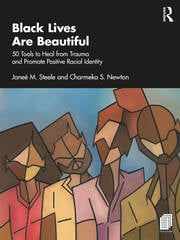Thinking the Sculpture Garden Art Plant Landscape
This innovative book poses two deceptively simple questions: what is a sculpture garden and what happens when you give equal weight to the main elements of landscape planting and artwork? Its wide-ranging frame of reference including the USA Europe and Japan is brought into focus through Tremenheere Sculpture Garden Cornwall with which the book begins and ends. Effectively less than 15 years old and largely the work of one man Tremenheere affords an opportunity to examine as work-in-progress the creation of a new kind of sculpture garden. Including a historical overview the book traverses multiple ways of seeing and experiencing sculpture gardens culminating in an exploration of their relevance as 'cultural ecology' in the context of globalisation urbanisation and climate change. The thinking here is non-dualist and broadly aligned with New Materialisms and Material Feminisms to explore our place as humans in the non-human world on which we depend. Eminent contributors including John Dixon Hunt George Descombes Bernard Lassus and David Leatherbarrow approach these issues through practices and theories of landscape architecture; garden and art making; history and writing; and philosophy. Richly illustrated with over 100 images including a colour plate section the book will primarily appeal to those engaged in professional or academic research along with sculpture garden visitors who will find new and surprising ways of experiencing plants and art in natural and urban settings. | Thinking the Sculpture Garden Art Plant Landscape

















































